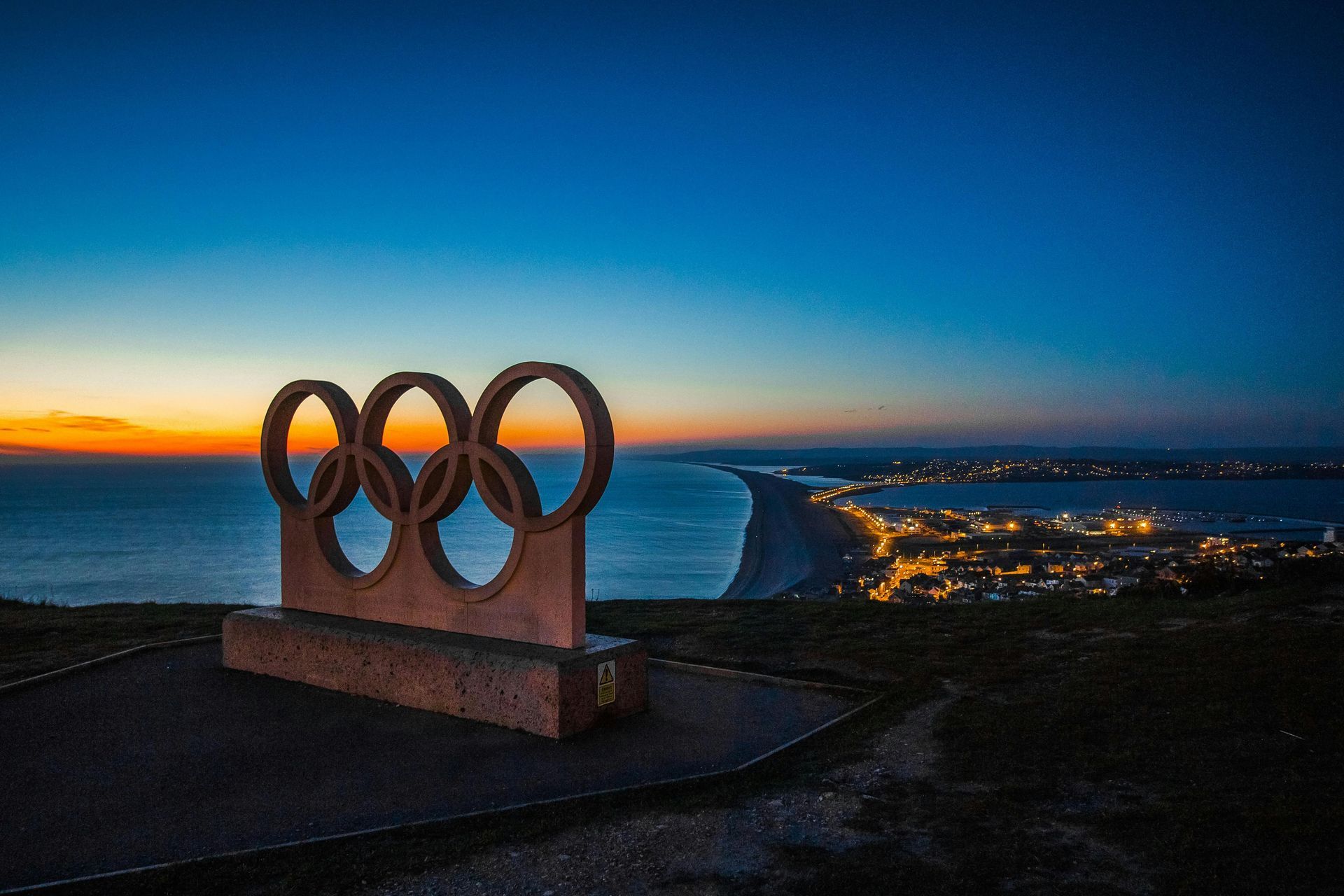
Olympic Games
The Olympic Games began in ancient Greece as a religious festival honoring Zeus at Olympia, with the first documented games around 776 BCE. After declining under Roman rule and being abolished around 400 CE, the games were revived by Baron Pierre de Coubertin, leading to the first modern Olympic Games in Athens in 1896. The modern Olympic Movement is governed by the International Olympic Committee (IOC), with the Games now encompassing a global scale of athletes, events, and participating countries.
Ancient Olympic Games
- Religious Origins:
- The games were held at Olympia as part of a religious festival, with sacrifices made to the god Zeus.
- Key Features:
- Athletes competed every four years, a period known as an Olympiad. A "sacred truce" was established to allow athletes and spectators safe passage to the games, even amidst wars.
- Decline and Abolition:
- The popularity of the ancient games waned after Greece was conquered by the Roman Empire, and they were officially abolished around 400 CE due to their pagan associations.
Modern Olympic Games
- Revival and Founding:
- Inspired by the ancient games, Baron Pierre de Coubertin founded the International Olympic Committee (IOC) in 1894.
- First Modern Games:
- The first modern Olympic Games were held in Athens, Greece, in 1896.
- Governing Body:
- The IOC serves as the governing body for the Olympic Movement, defining its structure and authority through the Olympic Charter.
- Growth and Evolution:
- The Olympics have grown significantly, with the number of participating countries and athletes increasing over time. The symbol of five interlocking rings, representing the continents, was introduced.
- Cancellations:
- The modern Games have been canceled three times in history: in 1916, 1940, and 1944, due to World Wars.
- Key Innovations:
- The closing ceremony was introduced at the 1924 Paris Games, the first Winter Olympics also debuted that year, and the first televised Games occurred in 1936.
